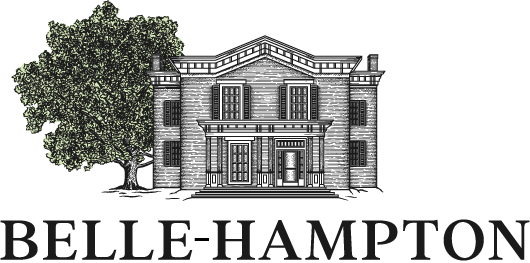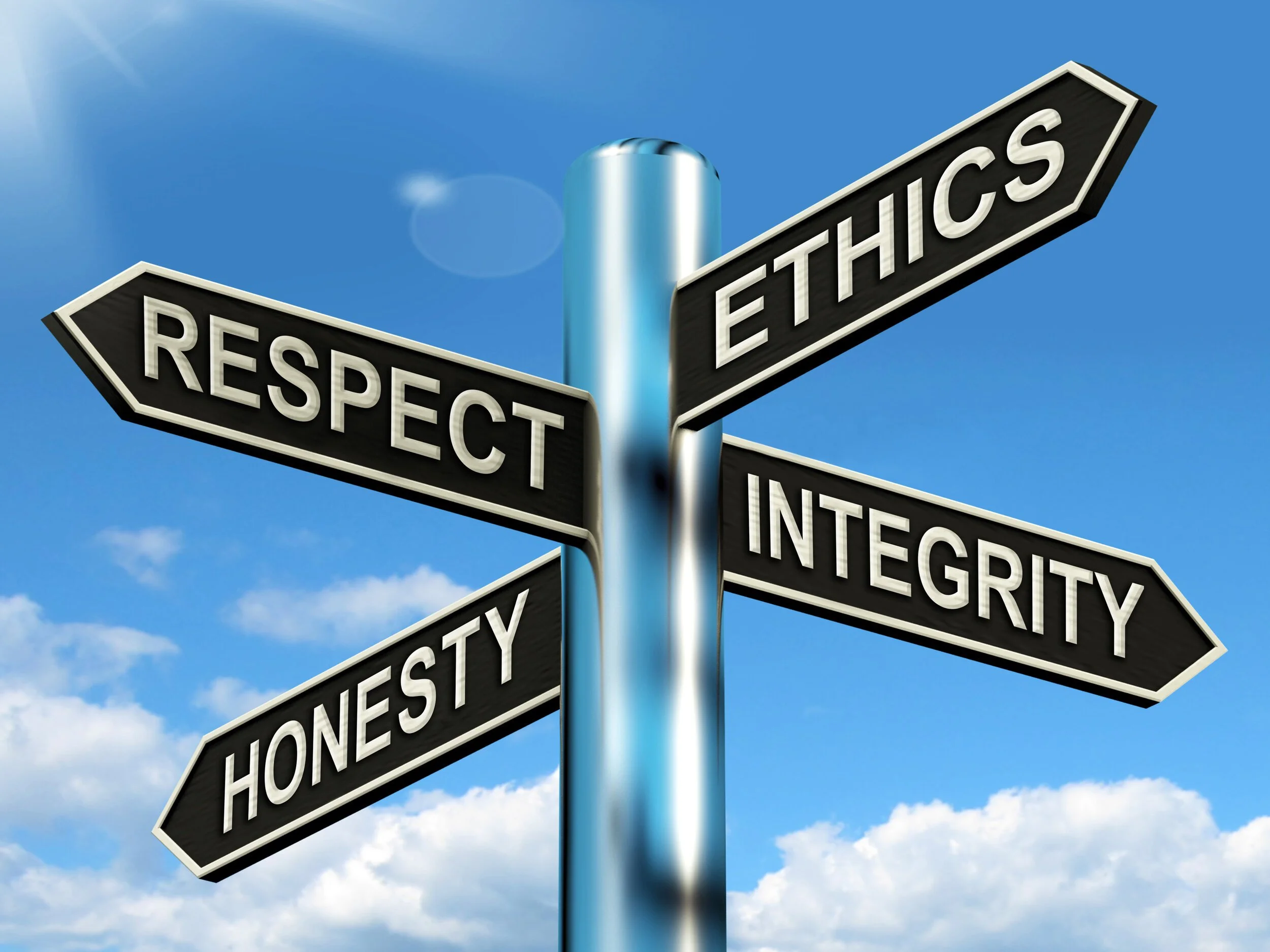Are Core Values Impacted By Each Era?
I have always been a fan of history, however, with the current state of affairs, I started to contemplate how our core values may change through the times. After HBO Max decided to remove Gone With The Wind from their selections because they wanted to add “historical context”, my curiosity began. At first blush, I assumed a value is a value, but after some reflection I concluded that the interpretation of that value can be a reflection of the changing times. Our family has determined our core values to be Family, Integrity, Knowledge and Perseverance. Let’s take a historical perspective on each one to see if they have evolved through the generations.
Family: We believe that succeeding as a family is as important as succeeding independently as we love intentionally.
But what is the definition of family? According to Webster’s 1828 version, it is defined as “the collective body of persons who live in one house and under one head or manager; a household, including parents, children and servants, and as the case may be, lodgers or boarders.” If you were to ask the silent generation about family, they considered marriage with children who are seen, but not heard. With the dawn of the Baby Boomers, divorce was an accepted reality which introduced step children and step parents into the dynamic. Generation X, considered the Latch-Key kids, might not of had family around with dual career parents. And Millennials which had child focused parents, often consider themselves as the center of the family unit. They, however, would be inclusive in considering same sex marriages, single parent family, multi-cultural and multi-racial as the norm for a family. Different generations, different perspectives on family seen through a different lens of time.
Integrity: We live by the golden rule, never compromising the truth. We communicate openly and our actions are consistent with our words.
Integrity defined as “firm adherence to a code of especially moral or artistic values : incorruptibility.” But to the Silent Generation, sometimes referred to as Traditionalists, their interpretation was law and order, respect for authority, patriotism and trust in government. Baby boomers grew up in the Vietnam era where anti-war, anti-government, equal rights and equal opportunity was spotlighted. They wanted to make a difference which to them was to have the integrity to change the world. The pragmatic Generation X required more diversity of people and thought while being skeptical of the prior generations in their analysis of the word. Being civic minded and concerned with social and environment issues, the Millennials have a high moral expectation for integrity. They, at least for the moment, are hopeful for a unified inclusive future.
Knowledge: We learn from experiences, explore new possibilities and inspire others.
As a family we intentionally did not use the word education in explaining our values since we felt it was limiting in the scope. Education is defined as a “systematic approach to learning” while knowledge is “comprised of pursuing facts, information, and skills acquired by a person through experience or education”. Rising from the Great Depression, schooling to the Silent Generation would be a dream. Some were able to take advantage of a higher degree of learning with the GI Bill after World War II, however, some like my dad had to work to help support his brothers, sister and parents. He, as many did, gained their knowledge through on the job training and hard work to develop new skills. Although many Baby Boomer’s considered a college education a birth right, they value a challenging work environment to gain knowledge. Considered the best educated, the Generation X obtains knowledge through exploration, interactive and hands on experiences. Micro-learning, games and participatory enlightenment are preferred by the Millennials who consider formal education extremely expensive.
Perseverance: We have the inner strength to remain constant to a purpose, ideas or task in the face of obstacles - Nothing worth doing is easy!
Perseverance is defined in the dictionary as “steady persistence in a course of action, a purpose, a state, etc., especially in spite of difficulties, obstacles, or discouragement.” Stories from the Wilderness Road where pioneers adventured through dangerous and treacherous landscapes to build a new life are examples of the determination in early America. Undoubtedly when America was being formed in 1776 they needed to persevere. Not only in battles against the superior and organized British troops, but the colonists battled between each other for almost thirteen years before the constitution was born and a government was formed. From the War of 1812, Civil War, WWI, Pandemic of 1812, Great Depression, and WWII, our ancestors continually faced obstacles along the way. Currently our citizens have experienced the effects of The Cold War, Vietnam, Assassinations of Kennedy, Martin Luther King and Robert Kennedy, 9/11, Global Terrorism to name a few. Depending on age, these defining events contributed to shaping the perception of what is meant by perseverance.
After compiling “historical context” information, it brings some clarity on the current state of affairs. Delving into history helps us gain an awareness of the past while predicting the future and hopefully avoiding the horrific mistakes along the way. According to Martin Luther King, Jr, “We are not makers of history. We are made by history.” By researching our collective historical stories, we gain the wisdom of seeing through other peoples experiences. What is your interpretation of Family, Integrity, Knowledge and Perseverance in the current era?

